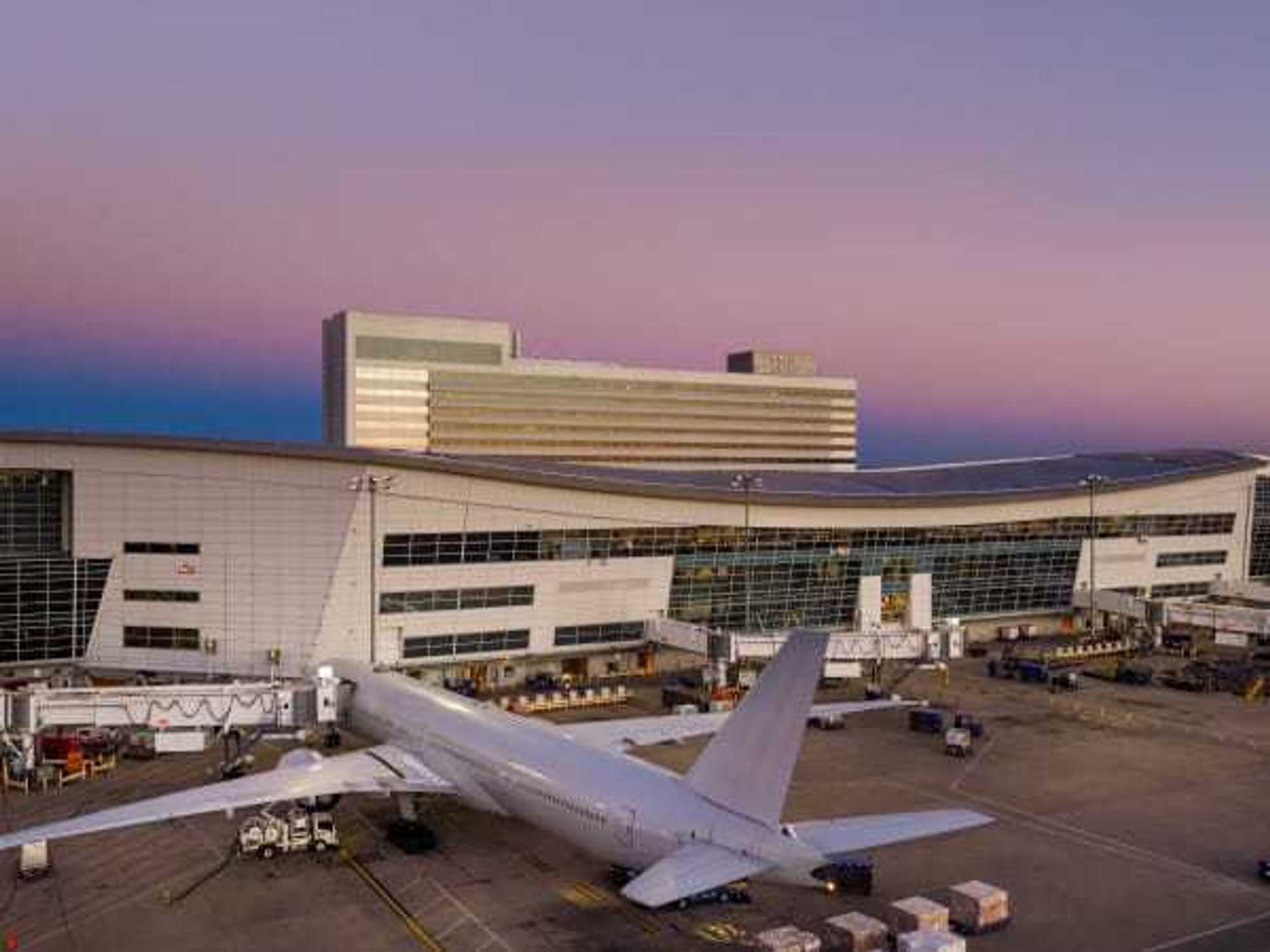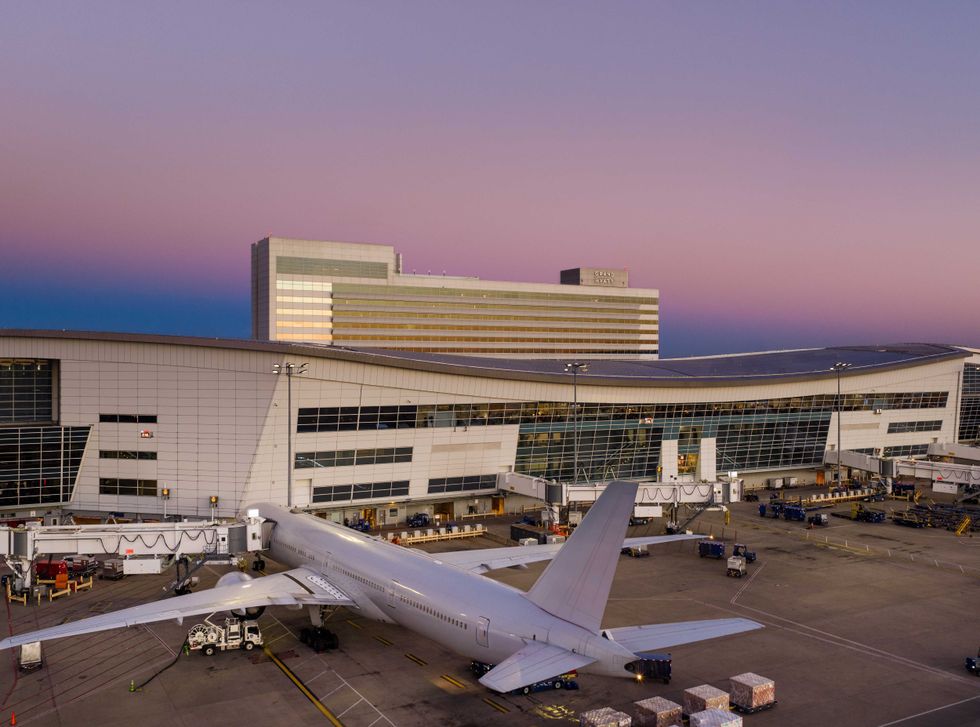Alamo Accolades
Famous Texas landmarks earn huge international honor — first for state

For the first time, Texas is home to an official World Heritage Site. On July 5, the San Antonio Missions — including the Alamo — were declared part of the elite UNESCO World Heritage Site list. This is the 23rd designation in the United States but a first for Texas.
The San Antonio Missions take their place alongside other great national treasures like the Statue of Liberty, Independence Hall and the Grand Canyon. The missions, the largest concentration of Spanish colonial missions in North America, are the third designation in the country in the last 20 years.
"The United States has a powerful and valuable history that encompasses a wide range of peoples, creeds and experiences," said Crystal Nix-Hines, U.S. ambassador and permanent representative to UNESCO. "The San Antonio Missions represent an important element of our story, and a World Heritage designation allows them to be shared not only within the U.S. but also the wider global community."
In 2007, Susan Snow, archeologist for San Antonio Missions National Historical Park, began coordinating community efforts to secure the status.
"The San Antonio Missions are a tangible representation of everything required for a functioning Spanish colonial mission system, all within a short trek along the San Antonio River," she explained.
"These missions are a living example of the interchange of cultures bringing together the indigenous, Spanish, Mexican and other influences that form South Texas today. The resulting cross-cultural exchange is the very essence of the great melting pot of the United States."
As protected historic sites, the missions host millions of visitors for free each year. With their limestone facades and picturesque bell towers, the missions bring to life a bygone era. Tours allow visitors to walk the historic grounds and explore living quarters and churches, while listening to centuries-old stories from studied park rangers.
For San Antonio, the nation's seventh largest city, the impact of the new designation is significant. Tourism is one of the city's top five industries, providing one in eight jobs and more than $12 billion annually. By 2025, the World Heritage Site economic impact on San Antonio and Bexar County is expected to generate an additional $44 million to $105 million in economic activity, with more than 1,100 newly created jobs.

 In addition to new beds, stitched leather headboards, and integrated lighting, all guest rooms also feature large HD flat screen TVs and new charging ports.Photo courtesy of Grand Hyatt DFW
In addition to new beds, stitched leather headboards, and integrated lighting, all guest rooms also feature large HD flat screen TVs and new charging ports.Photo courtesy of Grand Hyatt DFW





